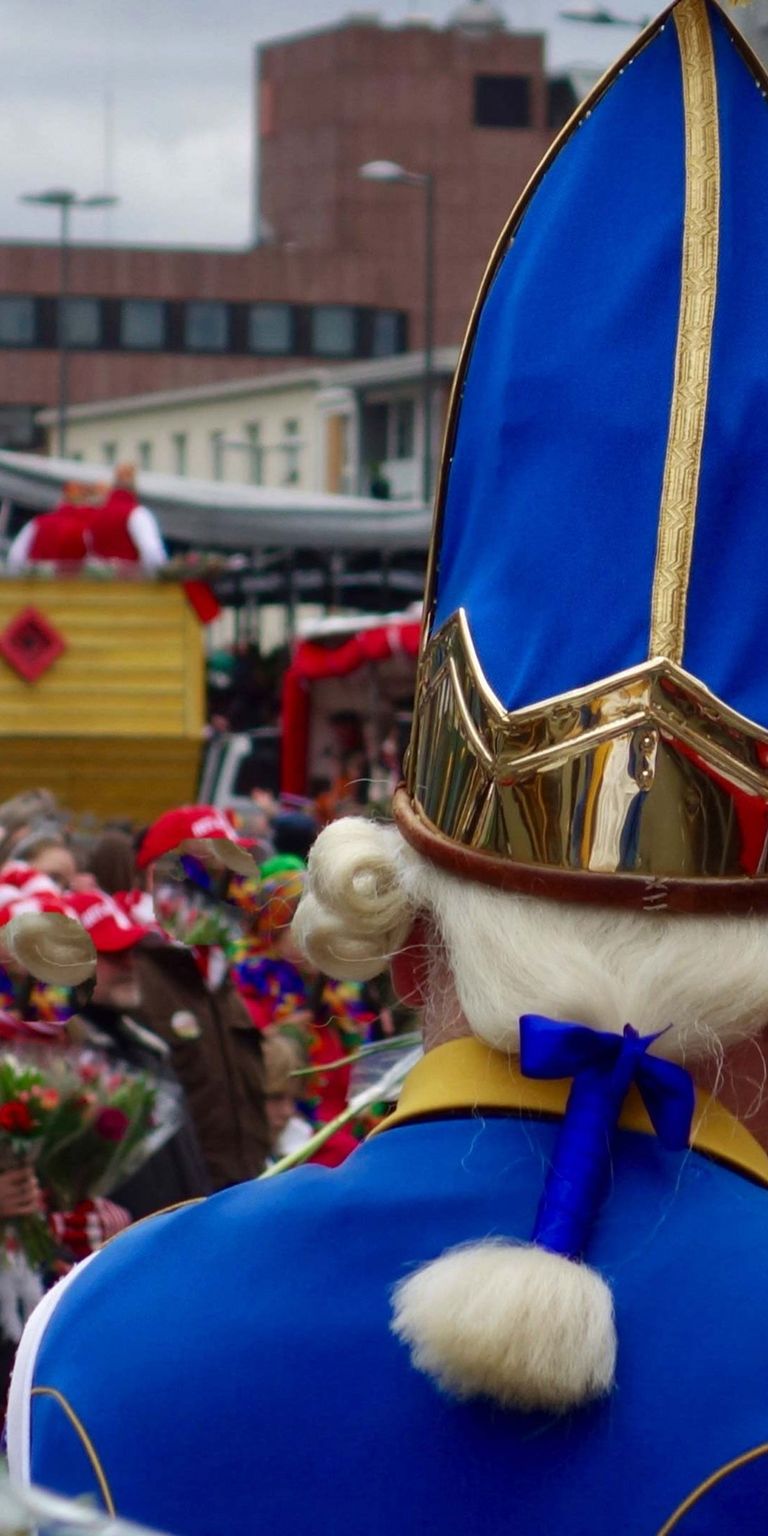App tracks movement patterns of the Cologne Rose Monday procession
Benefits to our customer
Displays movement patterns, pauses, speed and problem areas along the route inexpensively
Optimises Rose Monday Parade routing and management
App and iot platform provide base for future live data analysis
About Altstädter Köln 1922 e.V.
Altstädter Köln 1922 e.V. is one of Cologne's venerable carnival clubs and one of those responsible for the annual Rose Monday Parade around the inner city. The club came into being after the First World War and developed out of a bowling club founded in 1905. From this, the “Faithful Old Towners” got together in 1922, their stated aim being “to safeguard the tradition and provision of the genuine, popular Cologne Carnival, particularly upholding Cologne customs, typical Cologne wit and humour and Cologne's dialect and quirks within the traditional, historic Cologne carnival celebrations”. Just two years after the club was established, in 1924, the decision to form a corps was taken. In 1968 the Altstädter club was awarded the honorary title of “Traditional Cologne Carnival Corps”.
